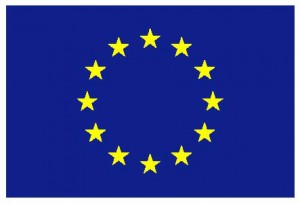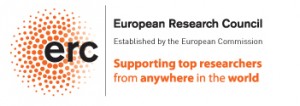ReDefTie: Redefining tie strength – how social media (can) help us to get non-redundant useful information and emotional support
ERC Starting Grant, ReDefTie Nr. 312420
Social media make it easy to stay in touch with many people. These people can be close friends (so-called strong ties), acquaintances (weak ties) or people we barely know (absent ties). Research on social networks assumed for decades that strong ties provide us with emotional support whereas weak ties provide us with useful non-redundant information. Weaker ties were considered as useless. Are these assumptions still valid? People are nowadays in daily contact with acquaintances and people they barely know. Are these ties useful after all? Or do they just give us the illusion of connection? Do social media change how and from whom we receive informational and emotional support? That are the central questions of the ERC starting grant project ReDefTie.
The project consists of three subprojects. In subproject 1, the causal relationships between social media use and indicators of emotional and informational social support are studied in a longitudinal study with a representative sample of Dutch online users. Two PhD projects examine in depth the underlying cognitive and affective processes. Subproject 2 studies how people can form a correct knowledge representation of their social network (Who knows what?) from the vast amount of ephemeral and often superficial status updates and tweets. The main focus of this subproject is on automatic processes. Subproject 3 examines whether social media only provide people with the illusion of connection or whether and under which circumstances they can provide actual emotional support.
The results are relevant for
- organizations: Knowledge gets outdated quickly nowadays. Therefore, it becomes more and more important to know who knows what. Employees who are able to retrieve relevant information quickly are an asset for an organization. For organizations, it is therefore important to higher good knowledge networkers or to train their employees. The results of the project show how social media can be used to optimize knowledge exchange and consequently one‘s career
- social media developpers: How should a social media platform be designed to optimally support users?
- teachers/therapists/trainers: Emotional support is an important buffer against stress and diseases. It is unclear whether social networks like Facebook provide people with emotional support or whether people just have the illudion of connection. The project examines under which circumstances social media use results in positive or negative consequences. These results help to identify risk groups and to develop trainings.
- journalists: The longitudinal study tells us how people of all ages and education levels actually use social media and what the long-term consequences of this social media use are. The subprojects explain why these effects occur.
- social media users: learn how to use social media strategically to get more benefits
- academics: learn more about the underlying processes


